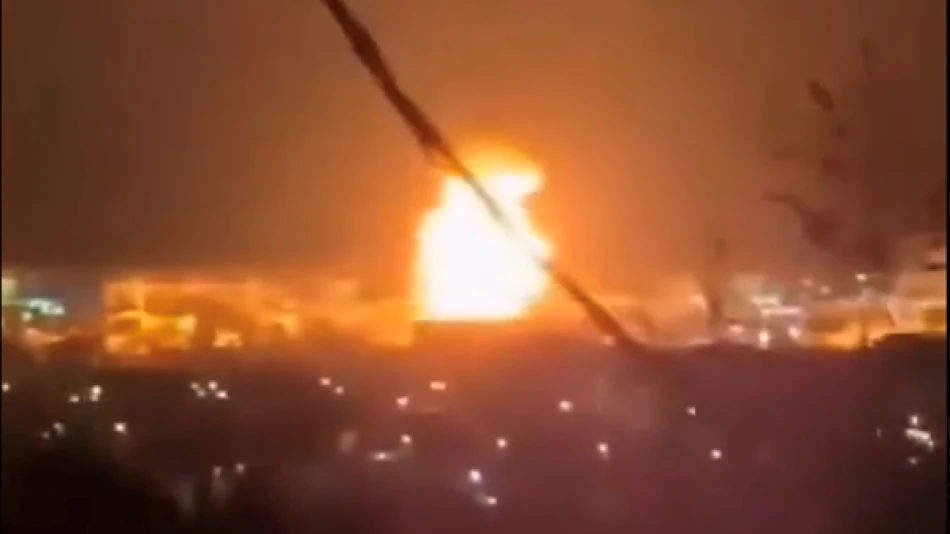
Drone Strikes Hit Multiple Regions Across Russia, Sparking Security Concerns
Ukraine Escalates Black Sea Offensive as Drone Strikes Kill Two in Russian Resort City
Ukrainian forces launched their most significant drone assault on Russia's Black Sea coast in recent months, killing two civilians and forcing the closure of Sochi International Airport. The coordinated attack involving 39 drones targeted critical infrastructure including oil storage facilities, marking a strategic shift toward disrupting Russia's southern logistics hub and tourist economy.
Casualties Mount as Debris Strikes Civilians
Russian authorities confirmed that a woman died after being struck by falling debris from intercepted drones in Sochi, the Black Sea resort city that hosted the 2014 Winter Olympics. Another woman sustained serious injuries in the same incident, while a separate civilian was killed during attacks on a residential area. The Krasnodar regional crisis center reported the casualties as Russian air defenses worked to neutralize the incoming threat.
Russia's Defense Ministry claimed its air defense systems successfully intercepted and destroyed all 39 Ukrainian drones over the Krasnodar region, the Black Sea, and the Sea of Azov. However, the civilian casualties demonstrate that even "successful" interceptions can prove deadly when debris falls on populated areas.
Strategic Targeting of Energy Infrastructure
Beyond the human toll, Ukrainian forces specifically targeted an oil storage depot in the Krasnodar region, continuing their systematic campaign against Russian energy infrastructure. This approach mirrors Ukraine's broader strategy of disrupting fuel supplies that support Moscow's military operations while simultaneously impacting civilian economic activity.
The attack forced Russian aviation authorities to suspend operations at Sochi International Airport for several hours, disrupting both domestic and international flights. This operational shutdown highlights Ukraine's growing capability to project force deep into Russian territory and affect civilian infrastructure far from the front lines.
Expanding Theater of Operations
The Sochi strikes represent a significant escalation in Ukraine's long-range capabilities, extending the conflict's reach to Russia's premier Black Sea resort destination. Unlike previous attacks focused primarily on border regions or military installations, targeting Sochi sends a clear message that no Russian territory remains immune from retaliation.
This geographic expansion of Ukrainian operations parallels similar strategies employed in other prolonged conflicts, where the defending force seeks to impose costs on the aggressor's homeland. The psychological impact of strikes on a tourist destination like Sochi may prove as significant as any tactical military advantage gained.
Implications for Regional Security
The coordinated nature of the 39-drone assault suggests Ukraine has developed sophisticated command and control capabilities for large-scale unmanned operations. This technological advancement, likely supported by Western intelligence and equipment, fundamentally alters the strategic balance in the Black Sea region.
For Russia, defending against such distributed attacks requires extensive air defense coverage across vast territories, straining military resources and potentially leaving other areas vulnerable. The civilian casualties also complicate Moscow's narrative of maintaining normal life away from the conflict zone, as the war increasingly affects Russian population centers.
The suspension of airport operations demonstrates Ukraine's ability to disrupt Russia's transportation networks, potentially affecting both military logistics and civilian commerce. As winter approaches, such infrastructure attacks may intensify, testing both countries' resilience and civilian populations' tolerance for continued conflict.
Most Viewed News

 Layla Al Mansoori
Layla Al Mansoori






